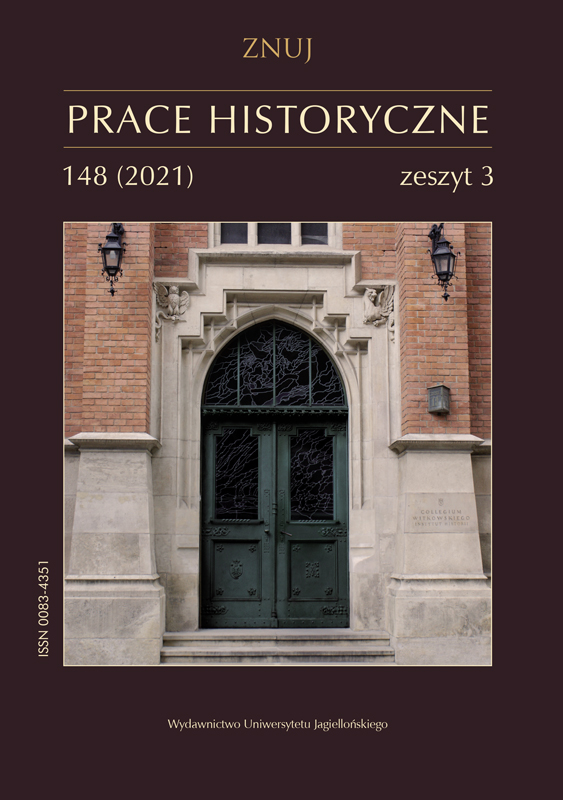Pacyfizm i antymilitaryzm w Europie Zachodniej w latach 1918–1939
Pacifism and anti-militarism in Western Europe, 1918–1939
Author(s): Remigiusz KasprzyckiSubject(s): History, Military history, Interwar Period (1920 - 1939)
Published by: Wydawnictwo Uniwersytetu Jagiellońskiego
Keywords: pacyfizm; antymilitaryzm; Wielka Brytania; Niemcy; Francja; Europa Zachodnia; pacifism; antimilitarism; Great Britain; Germany; France; Western Europe
Summary/Abstract: As the consequence of the events of 1914–1918, the pacifism was on the rise in Western Europe. Societies of England, France and Germany as well as other Western European countries, set themselves the goal of preventing another war from breaking out. International congresses and conventions were organized. They were attended by peace advocates representing various social and political views, which made cooperation difficult. These meetings did not prevent the Spanish Civil War, the aggression against Abyssinia and the outbreak of World War II. In addition to moderate pacifists, Western Europe was also home to radical anti-militarists who believed that way to the world peace led through the abolition of military service. The pacifists in Britain and France were satisfied with their politicians’ submissiveness and indecision toward Hitler during the 1930s. Pacifism and radical anti-militarism also fitted perfectly into the plans of the Comintern. With its help, the USSR weakened the military potential of Western Europe.
Journal: Prace Historyczne
- Issue Year: 148/2021
- Issue No: 3
- Page Range: 535-558
- Page Count: 24
- Language: Polish

